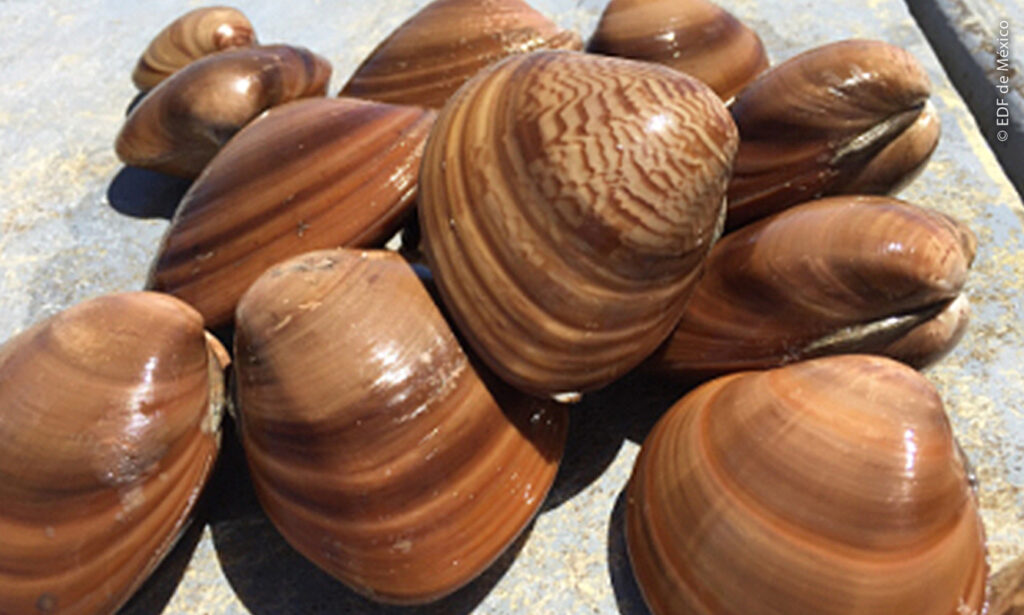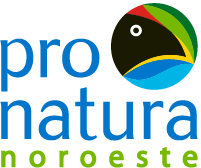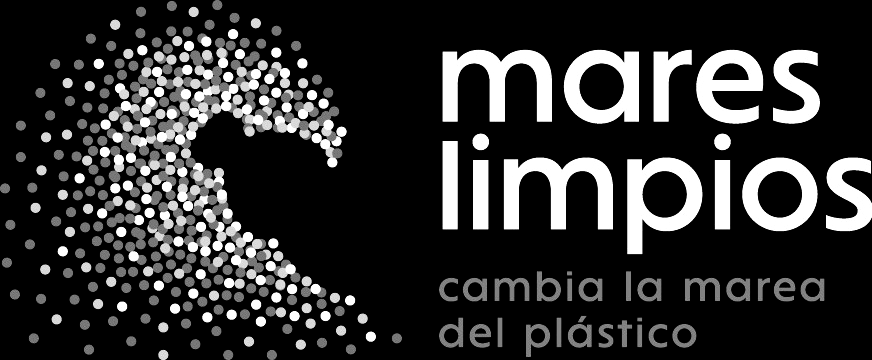PRESS RELEASE
May 11, 2020
- The fishing sector and organized civil society celebrate authorities’ efforts to advance towards sustainable fishing in the region.
- The collaborative work between fishermen, CONAPESCA, INAPESCA, the Sinaloa State Government, and organizations like EDF de Mexico and Pronatura Noroeste facilitates the implementation of this types of instrument.
On May 1, 2020 the agreement establishing a temporary ban on chocolate clam fishing came into effect for a period of two years in the Altata-Ensenada del Pabellón Lagoon System in Sinaloa. This agreement was published the day before in the Official Newspaper of the Federation by the Ministry of Agricultural and Rural Development (SADER). This ban, which has its basis in the technical opinions of the National Institute of Fisheries and Aquaculture (INAPESCA), will be enforced by the National Commission for Aquaculture and Fisheries (CONAPESCA). The temporary ban is mandatory for permit holders, concessionaires, captains, and/or fishing patrons, boaters, operators, technicians, fishermen, crew, and other subjects who conduct activities in marine waters under federal jurisdiction.
This measure is added to the Ecosystem Fisheries Management Plan for the Altata-Ensenada del Pabellón Lagoon System, located in the cities of Navolato and Culiacán (PMP), published on September 24, 2019. The application of this and other instruments, like management committees and fishing regulations, as a whole strengthen the actions of the authorities to ensure compliance with current regulations and completion of activities in the field of Inspection and Surveillance. The commitment of the resource users in respect to these measures also is of the utmost importance in moving towards sustainable fishing.
In the case of the Altata-Ensenada del Pabellón Lagoon System, the participation of everyone with an interest in the resource has been fundamental to the construction of these instruments. In the process, fishermen, authorities from different levels of government, and civil society organizations like EDF de Mexico and Pronatura Noroeste have participated together through collaborative work to support the design and proposal, both for the ban and the PMP.
A tangible example of this organized effort is the implementation of the Fishery Improvement Project (FIP) for chocolate clam in the site, which is integrated by said parties, who, in January of 2019, began a workplan to conduct activities in the fishery based on the Marine Stewardship Council (MSC) international standard for sustainable fisheries. Among the activities the FIP seeks are to improve the creation of information, recuperate the chocolate clam population, support inspection and surveillance, implement the PMP, improve product handling, and manage the development of infrastructure for its commercialization.
To view the publication of the ban agreement in the DOF, visit the following link:: https://www.dof.gob.mx/nota_detalle.php?codigo=5592548&fecha=30/04/2020
To see more details about the Chocolate Clam FIP in Altata-Ensenada del Pabellón, please visit the following link: https://fisheryprogress.org/fip-profile/mexico-gulf-california-sinaloa-chocolate-clam-diving-hand-gathered
For more information contact:
- Ana Paola Suárez, press contact, EDF de México (asuarez@edf.org) Cel. 6121042013
- Pablo Álvarez, Fishery Improvement Project Coordinator for Pronatura Noroeste A. C. (palvarez@pronatura-noroeste.org; Cel. (646) 128-2459)













